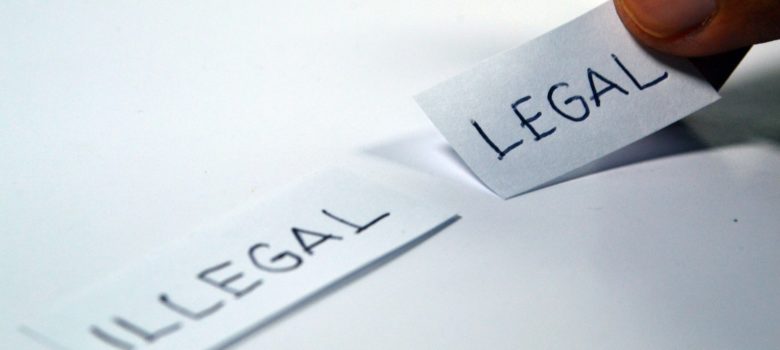The Canadian government has unveiled its long-awaited plan to fix abuses with copyright’s notice-and-notice system as part of Bill C-86, its Budget Implementation Act. Last spring, Innovation, Science and Economic Development Minister Navdeep Bains released an IP strategy that promised safeguards against intellectual property abuse, particularly use of copyright notices to send settlement demands to Internet users. The Canadian notice-and-notice system was formalized in 2012 to allow rights holders to forward allegations of online copyright infringement to internet users through their internet service provider. The system was viewed as a win-win approach since it promised to deter infringement through education rather than legal threats. Yet within hours of taking effect, anti-piracy companies began sending notices that included settlement demands backed by threats of litigation.
The government advised the public that there was no requirement to settle, but the absence of regulations opened the door to widespread misuse. Bill C-86 fixes the longstanding abuse of the system by prohibiting inclusion of settlement demands, adding the following to the Copyright Act:
(3) A notice of claimed infringement shall not contain:
(a) an offer to settle the claimed infringement;
(b) a request or demand, made in relation to the claimed infringement, for payment or for personal information;
(c) a reference, including by way of hyperlink, to such an offer, request or demand; and
(d) any other information that may be prescribed by regulation
The enforcement mechanism is simple: Internet providers will not be required to forward notifications that include any of the prohibited content. Any notices that include settlement offers, requests for payments or links to requests for payment fall outside the boundaries of legal notices and do not need to be forwarded as ISPs will not face any penalties for failing to forward such notices. While the new system will require careful monitoring, Canadian ISPs should comply with the new requirements and decline to forward non-compliant notices.
The notice-and-notice system was a well-intentioned system that failed to meet its original goal due to widespread abuse. It has taken several years, but the government has at long last taken steps to stop the abuse by establishing requirements that effectively ban the inclusion of settlement demands within the notice-and-notice system.








VPN now more then ever???
Did you even read the article, Brad?
All of the Notices forwarded to me have been bogus. In particular claims that someone downloaded Game of Thrones and Bleach. I have never viewed an episode of GoT. George RR Martin’ shtick of killing off characters got old for me back in the 1970s when he wrote stories for Analog magazine.
My take is that they simply try to scare people and harass them if they are silly enough to provide contact data.
It’s the practice of throwing random stuff at the wall, and seeing what sticks.
Pingback: Canada Introduces Bill to Ban Piracy Settlement Notices - TorrentFreak
Pingback: Canada Introduces Bill to Ban Piracy Settlement Notices – Fjoddes.Net
Pingback: Canada Introduces Bill to Ban Piracy Settlement Notices – Ticket4u
Pingback: BrokenPla.net - The Important Eclectic News Syndicate
Pingback: Canada Introduces Bill to Ban Piracy Settlement Notices
Pingback: Media Beat: October 31, 2018 | RSDAM | RSDAM
Pingback: Canada Introduces Bill to Ban Piracy Settlement Notices - World Justice News
Pingback: Canada Introduces Bill to Ban Piracy Settlement Notices via TF | TheCanadianToast's Blog!
Pingback: Canadian Government Moves to End Misleading P2P Demand Letters
Pingback: Canada Eyes Ban On Shady Piracy Warnings That Demand Payment - Tech This Out News
The multiple forwarded notices for alleged viewing of episodes of “Bleach” included a url for a pay per view web site.
It seems to me that the copyright holder is using the notice and notice system to spam the location of their pay per view web site.
Pingback: "Why Are You Recommending Notice and Takedown?": The Canadian Bar Association's Puzzling Position at the Copyright Review - Michael Geist